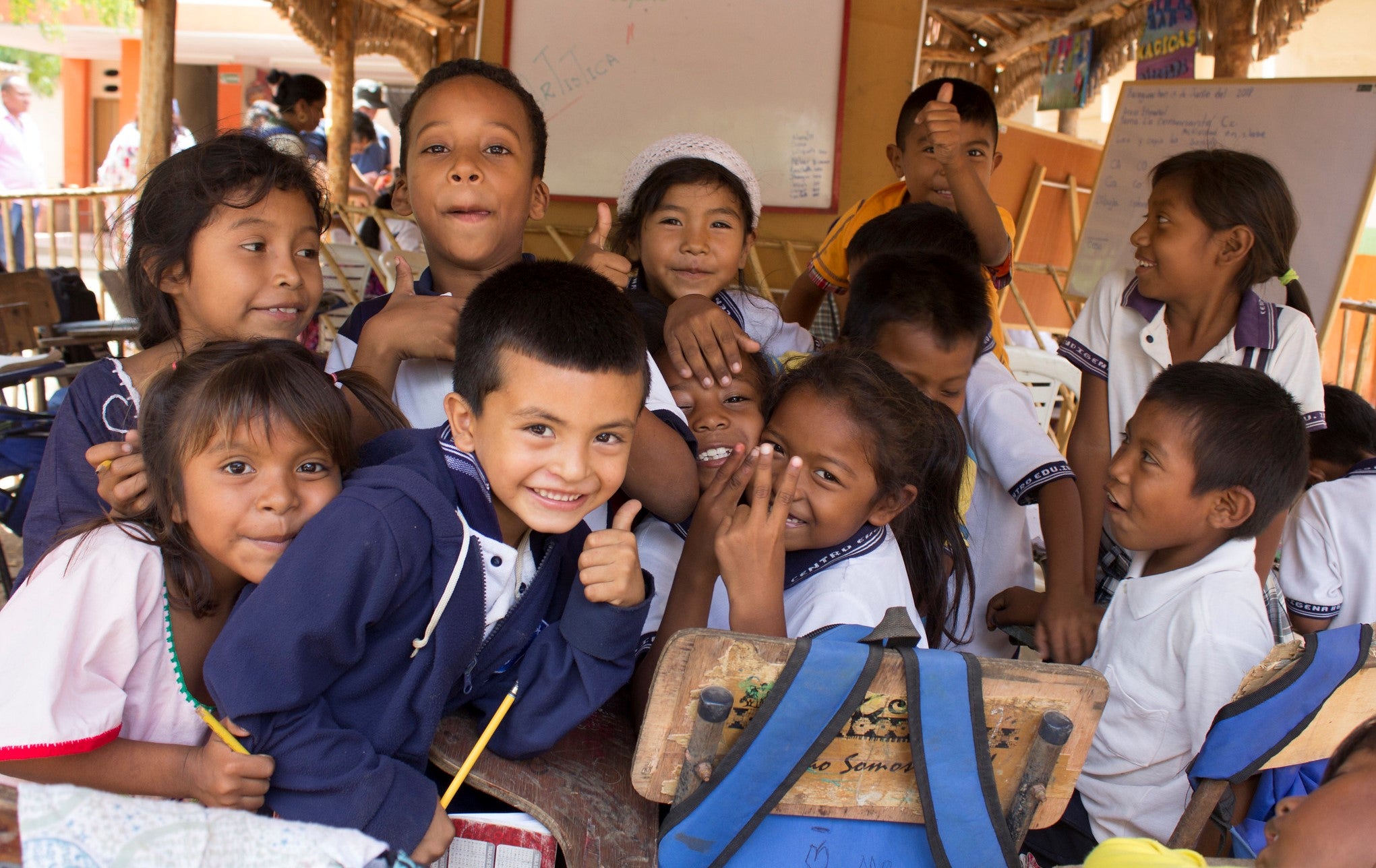The World Bank Group and the Financial Times just completed the second edition of our joint blog writing competition that focused on the issue of learning poverty. What is learning poverty? It is the fact, that more than 53% of children in low-and middle-income countries can’t read a simple text by age 10, greatly limiting their opportunities. So, we set out our blog competition asking young people around the world how they would help children learn to read by the time they are 10 years old.
We specifically asked two questions that bloggers could choose to answer:
- If you were the education minister of your country what would you do to make sure every 10-year old is able to read?
- What could teachers and schools do differently to help all children learn to read?
We received more than 400 entries from youth from 55 countries, spanning all regions. Many blog posts across cultures and continents had common themes such as providing after school reading programs, instituting activities that made reading fun, and providing incentives for school systems to help children read. Some of the most powerful blog posts were from boys and girls who shared their personal stories and the role models or inspiration that made them readers.
We had several excellent entries that led to a tough evaluation process, that was slightly delayed due to the COVID-19 pandemic. We had an excellent cohort of judges and finally emerged with three winners.
The winners are Ayomide Olawale from Bookers International School in Nigeria, Faisa Syahla Sabila from Al-Izhar Senior High School in Indonesia, and Grace Erika Meki Jumah from Joyce Banda Foundation Secondary School in Malawi. Do read their winning blog posts linked below. We also want to thank all the students from around the world who sent in creative, thoughtful and innovative submissions.
Winning Entries:
A pathway from the street to the book



Join the Conversation